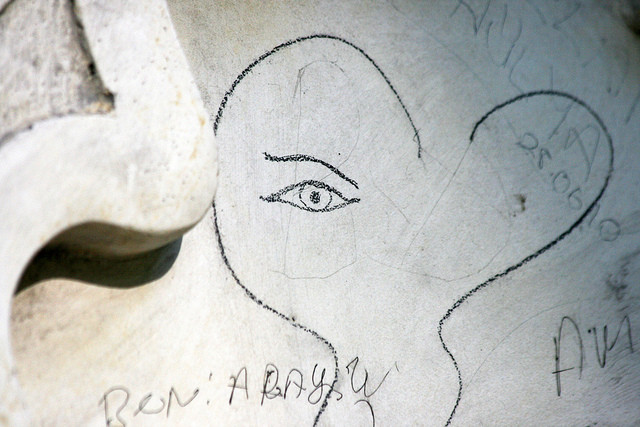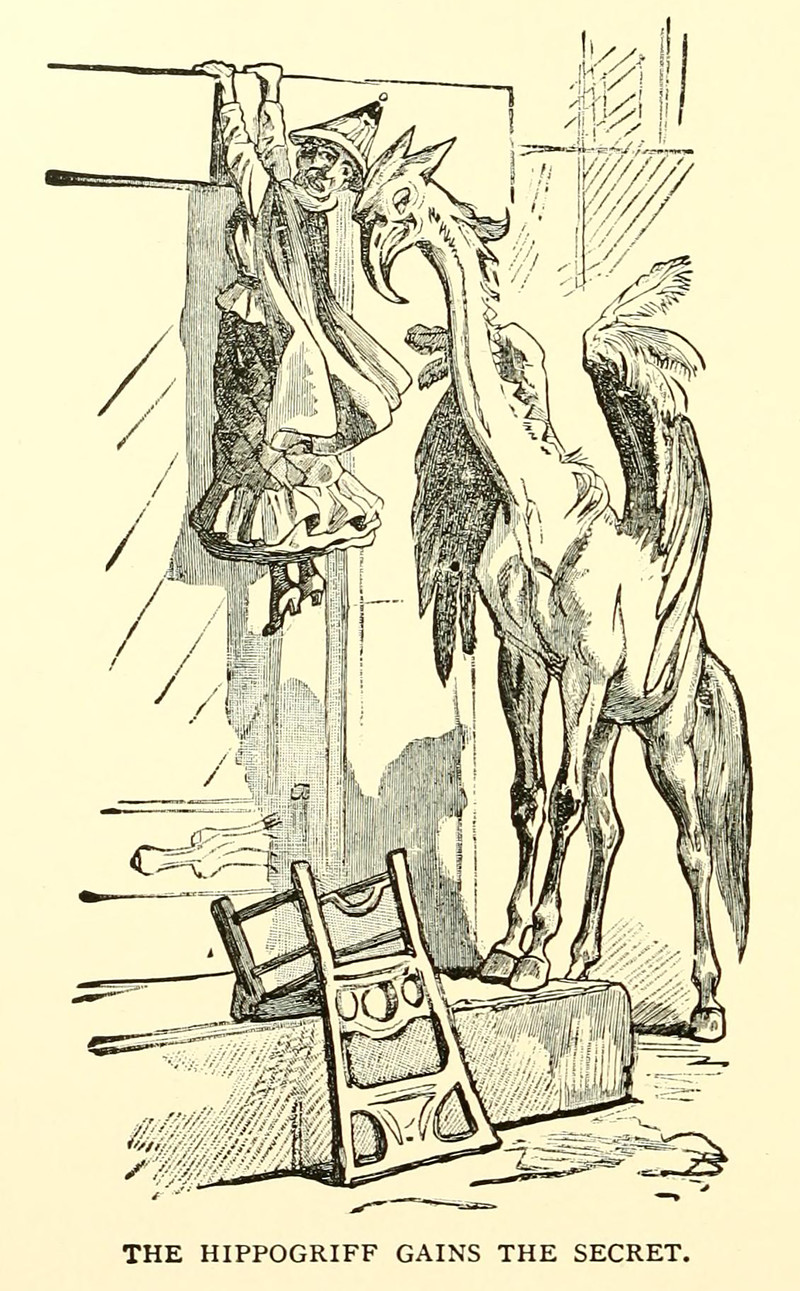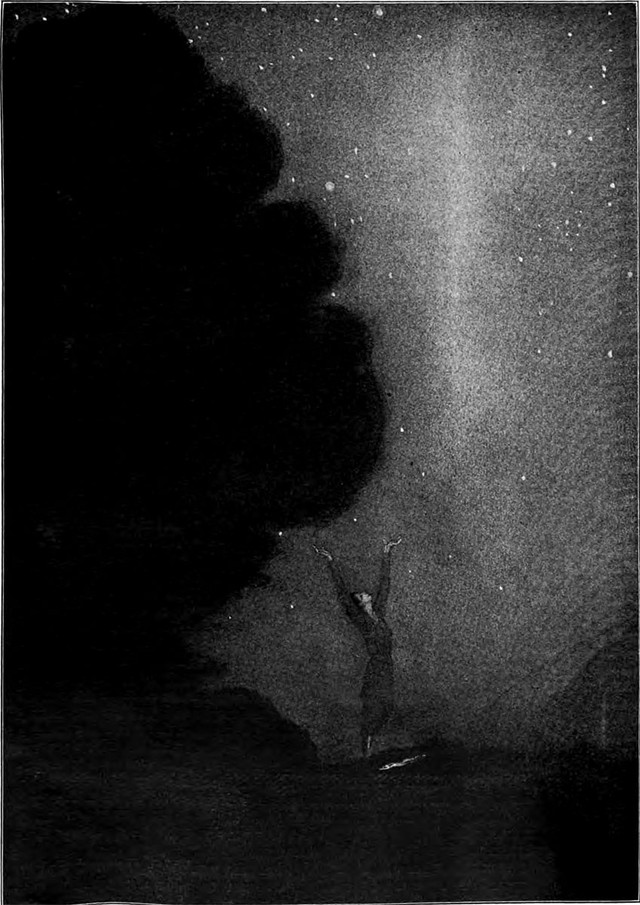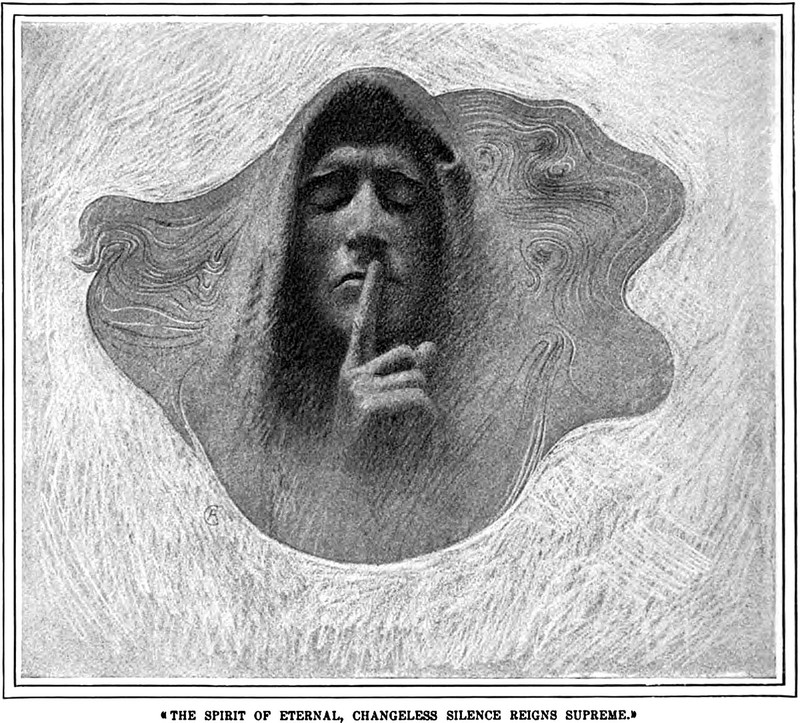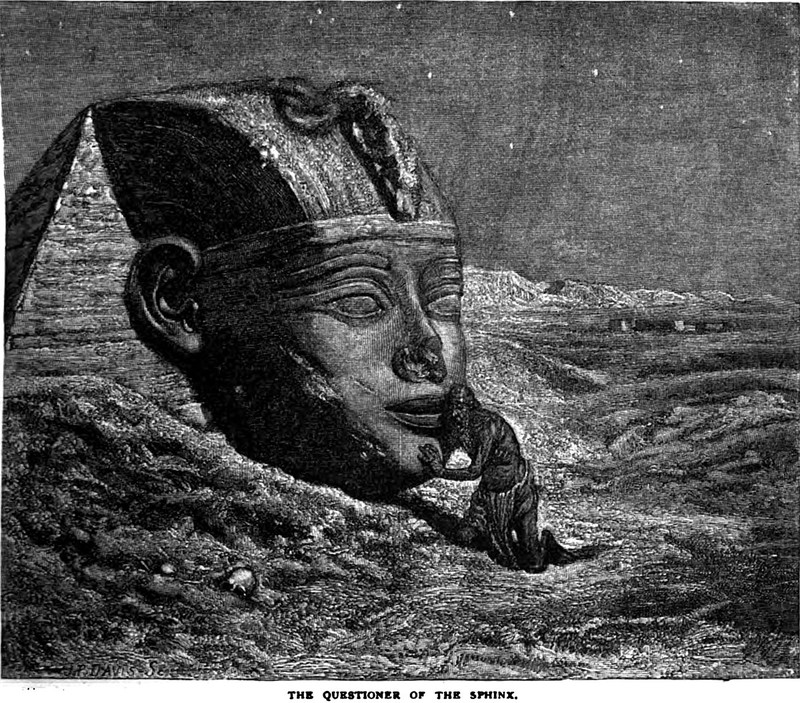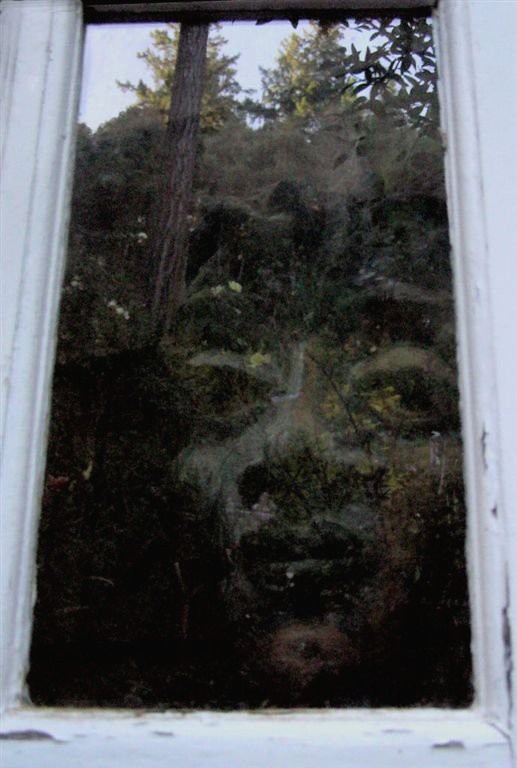 he most profound secrets lie not wholly in knowledge, said the poet.
They lurk invisible in that vitalizing spark, intangible, yet as
evident as the lightning—the seeker's soul. Solitary digging for facts
can reward one with great discoveries, but true secrets are not
discovered—they are shared, passed on in confidence from one to
another. The genuine seeker listens attentively. he most profound secrets lie not wholly in knowledge, said the poet.
They lurk invisible in that vitalizing spark, intangible, yet as
evident as the lightning—the seeker's soul. Solitary digging for facts
can reward one with great discoveries, but true secrets are not
discovered—they are shared, passed on in confidence from one to
another. The genuine seeker listens attentively.
No secret can
be transcribed, save in code, lest it—by definition–cease to be. This
Book of Whispers collects and encodes more than one hundred of
humankind's most cherished secrets. To be privy to the topics alone is
a supreme achievement, as each contains and nurtures the seed of its
hidden truth. As possessor and thereby guardian of this knowledge, may
you summon the courage to honor its secrets and to bequeath it to one
worthy. |



 |
|
|
 |
 |
 |
Both the origin of the world and its inner truth are unknowable. — Damascius' treatise on the beginning of things |



 |
|
|
 |
 |
 |
From Samuel Orchart Beeton's Book of Jokes and Jests: Dionysius, the tyrant of Syracuse, was tormented by the conspiracies incessantly formed against his throne and person. One day a man presented himself at a public levee, and told the monarch that he knew of a means by which the monarch might discover any conspiracy against him, and that for a certain sum of money he would reveal it to him. Dionysius promised to give him what he asked, upon which the man, taking him aside, said to him, "I possess no such secret, but if you tell your subjects that I have revealed to you one that is infallible, no one will henceforth dare to conspire against you." Dionysius thought the advice excellent, adopted it, paid the money, and lived tranquilly thereafter.
|


 |
|
|
 |
 |
 |
Intriguingly, freshly fallen snow can actually store sounds as well as project them with clarity. A carefully gathered snowball is like a library of sounds stored on crystalline shelves. When held to the ear like a seashell, it may whisper the secrets it has absorbed. Ergo, composer and music theorist John Rahn describes "a little snowball of sounds” ( Perspectives on Musical Aesthetics, 1995). Snow expert Nancy Armstrong explains that "When snow is newly fallen, sound waves are absorbed into its soft surface. Later, when the surface has hardened, sounds may travel further and sound clearer, because the snow reflects sound waves, sending them more quickly through the air” ( Snowman in a Box, 2002). Barbara Blair concurs: "snow is a wonderful substance to enhance awareness” ( Communing with the Infinite, 2006). [The preceding is an excerpt from our Field Guide to Identifying Unicorns by Sound.]
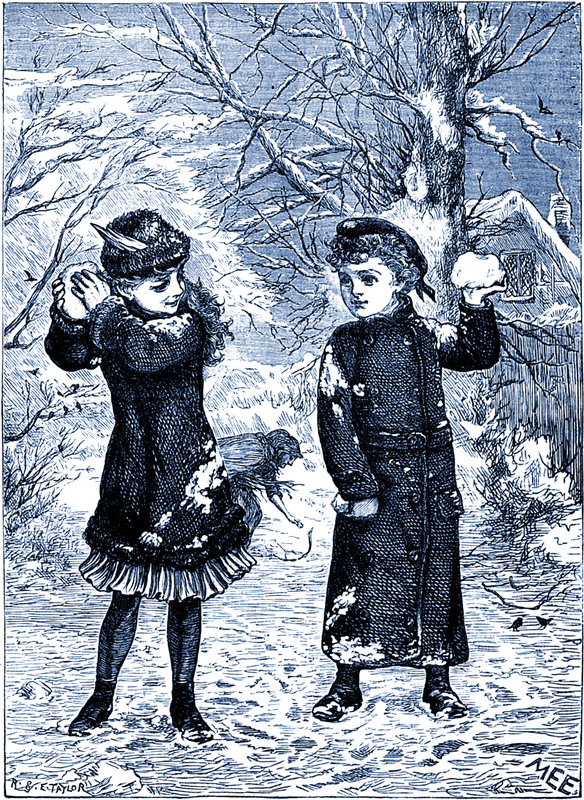
Listening to a snowball, from Guernsey's magazine, 1882.
|



 |
|
|
 |
 |
 |
"It was as if the grey earth had become the mystery of Time, and the grey sky had become the mystery of Space, and as if all that the inhabitants of the earth had to do now was to drink of the sky and eat of the earth and conduct their affairs in peace and quietness and common sense between the one and the other." — John Cowper Powys, Porius(The illustration is from a 1918 issue of Scribner's magazine.) |

 |
|
|
 |
 |
 |
"His discovery was that everything in the world is a fluctuating and wavering image in wind-stirred water; and that what is called truth is simply the particular aspect of this image as it strikes a man, or a woman, or a dog, or a horse, or a fish, or a snake, or a worm, or a bird, or an insect, or even a plant or reed." — John Cowper Powys, Porius |





 |
|
|
 |
 |
 |
"It is not a good idea to combine symbols; the forces that stand behind them can easily start to mingle." — The Angel in the West Window, Gustav Meyrink's novel of the Elizabethan magus John Dee (our own 9th cousin)
|



Page 7 of 16

> Older Entries...

Original Content Copyright © 2025 by Craig Conley. All rights reserved.
|




 he most profound secrets lie not wholly in knowledge, said the poet.
They lurk invisible in that vitalizing spark, intangible, yet as
evident as the lightning—the seeker's soul. Solitary digging for facts
can reward one with great discoveries, but true secrets are not
discovered—they are shared, passed on in confidence from one to
another. The genuine seeker listens attentively.
he most profound secrets lie not wholly in knowledge, said the poet.
They lurk invisible in that vitalizing spark, intangible, yet as
evident as the lightning—the seeker's soul. Solitary digging for facts
can reward one with great discoveries, but true secrets are not
discovered—they are shared, passed on in confidence from one to
another. The genuine seeker listens attentively.
